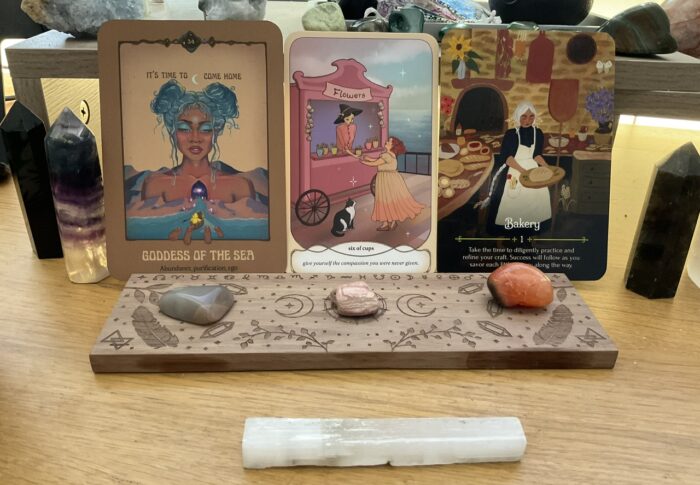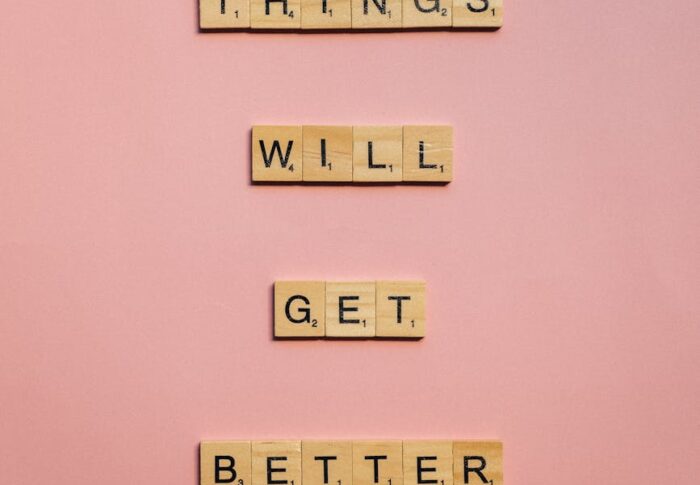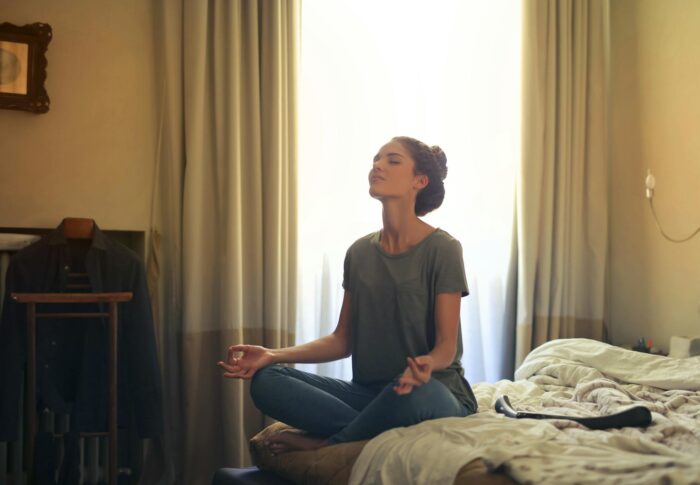
10 Ways To Protect Your Health When Life Is Crazy
Hi Musers. Following on from my last post about my CFS and anxiety combining to cause burnout, I’m also writing this post as a form of therapy. While I’m struggling to stop, I’m going to make a list of 10 ways to protect your health when working too much.
I’m aware I started this blog to help others, and I sincerely hope I’m doing that. I’ve shared a lot of information based on my own experience and from research to give signposts to readers struggling with the same issues.
Sometimes, though, my posts may be inward rather than outward-facing if you see what I mean. Nevertheless, I hope they will still be helpful as my thought processes may show others what to do and what not to do.
It’s Not Just About Work
Burnout as a phrase tends to be centred around work, and that’s true in my case. However, even if it’s not called burnout, you can exhaust all your reserves in others ways. This includes:
Working while having young kids to raise
Caring for a sick relative
Being obsessive about something like organising your home
Even exercise when taken to excess
It’s anything that takes up so much time and energy that you’re always exhausted.

10 Ways To Protect Your Health
- Sleep! It’s an obvious one, but if you’re working flat out on anything, your energy reserves will be taking a hit. Get to bed in time to get at least 7 hours of sleep. If you need to, take a power nap or two throughout the day. I get an hour for my lunch break and frequently spend half of it asleep.
- Build-in break times. I know when you have a sick relative or kids who need your attention, this can be hard but try to build in a bit of time to do nothing each day. Fight the voices in your head telling you what you could be doing with that time. For me, they tell me how many words I could get written. For you, it might be getting the dishwasher loaded, or making a start on dinner, or popping to the pharmacy. Ignore them. If you exhaust yourself to the point you break down, you won’t be able to do anything.
- Try to eat well. This is a huge challenge for me. If you’re a regular reader, you’ll know I’m good at cooking, and I enjoy it. When I’ve been working for 10-12 hours straight, though, the temptation is strong to order a takeaway or fall back on convenience foods. If you genuinely have no energy to cook, I understand, but you will feel better if you try to eat foods with protein to repair muscle, carbs for energy and fruit and veg for a whole host of micronutrients. If you have a friend or family member who asks if they can help, maybe ask if they could make you a big vat of curry, lasagne, bolognese etc.
- DO NOT work while you’re eating. Food is less satiating if you’re not concentrating on it. It’s also less enjoyable, and you can easily eat too much or too little. If you must, combine this with point 2 and make it your break, but I’d rather you take more.
- Get some exercise. I know, I know! You’re working yourself to the point of exhaustion, and I want you to exercise!? Crazy, right? No, not even slightly. I rarely make it to the gym for a proper session, but I try to do something every day, even if it’s just a walk. The good thing about walking is it gets you out of the house. Fresh air and being outside is always a good thing.
- Consider a multivitamin. Living in the UK, everyone should take Vitamin D and Omega 3 as a bare minimum. Vitamin D is even more important if you’re not getting outside much. B vitamins are also a good idea to keep your energy levels up during a rough patch. In general, getting vitamins from your food is better for you long-term.
- Consider having a morning routine. When I have to go into the office, or I’m starting extra early to do overtime, I get as much as I possibly can, prepared the night before. So I lay out all my work clothes and pack my bag with everything that doesn’t need to be in the fridge. I also make my lunch, but if I’m really up against it, I give myself a pass to buy lunch at work instead. Again, this gets me away from my desk, which is a good thing.
- Take deep breaths. When you’re feeling the most stressed, take time to take a few deep, calming breaths. It can be while you’re doing dishes, washing your hands, or even just at your desk. Try to breathe out for two seconds longer than you breathe in.
- Keep up with personal hygiene. When life is crazy, it’s easy to let things like showering or brushing your teeth slide for a day or two. Don’t let it because you will feel worse. It’s also pretty dangerous while covid-19 is still with us. One of the best ways to protect your health, and everyone else’s, is by washing your hands frequently and showering every day.
- Try to focus. It’s so easy to have your mind running a million miles a minute when you’re very busy. However, thinking and possibly stressing about all the things you still have to do will not help. If you focus on the task at hand, you’ll do it better and probably finish faster. Remind yourself you’re human and can only do so much. If it helps, write a schedule each morning with timescales to complete tasks. If it’s all planned out in advance, you’ll be less likely to worry about it

That’s The Plan
So that’s my plan to protect my health until life slows down a little. I hope they’ll work and help me feel better while I consider more long-term solutions for dealing with my anxiety. I hope these ways to protect your health work for you too and help prevent burnout. Please remember that self-care is not a luxury; it’s a necessity. You deserve to take care of yourself. As a certain famous brand says, you’re worth it!







